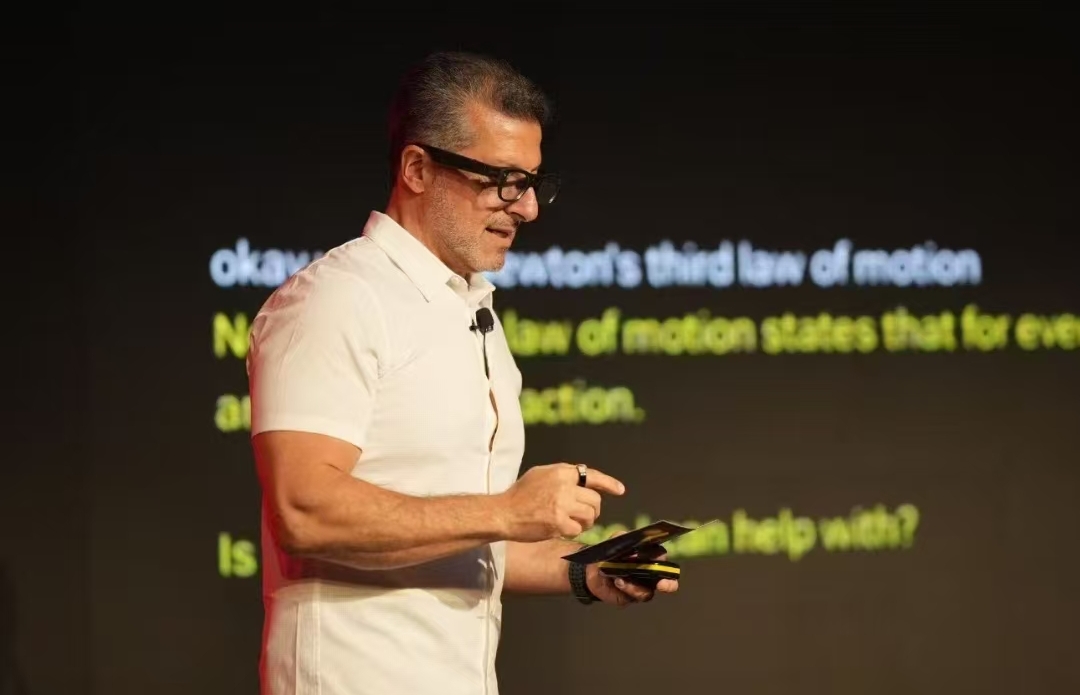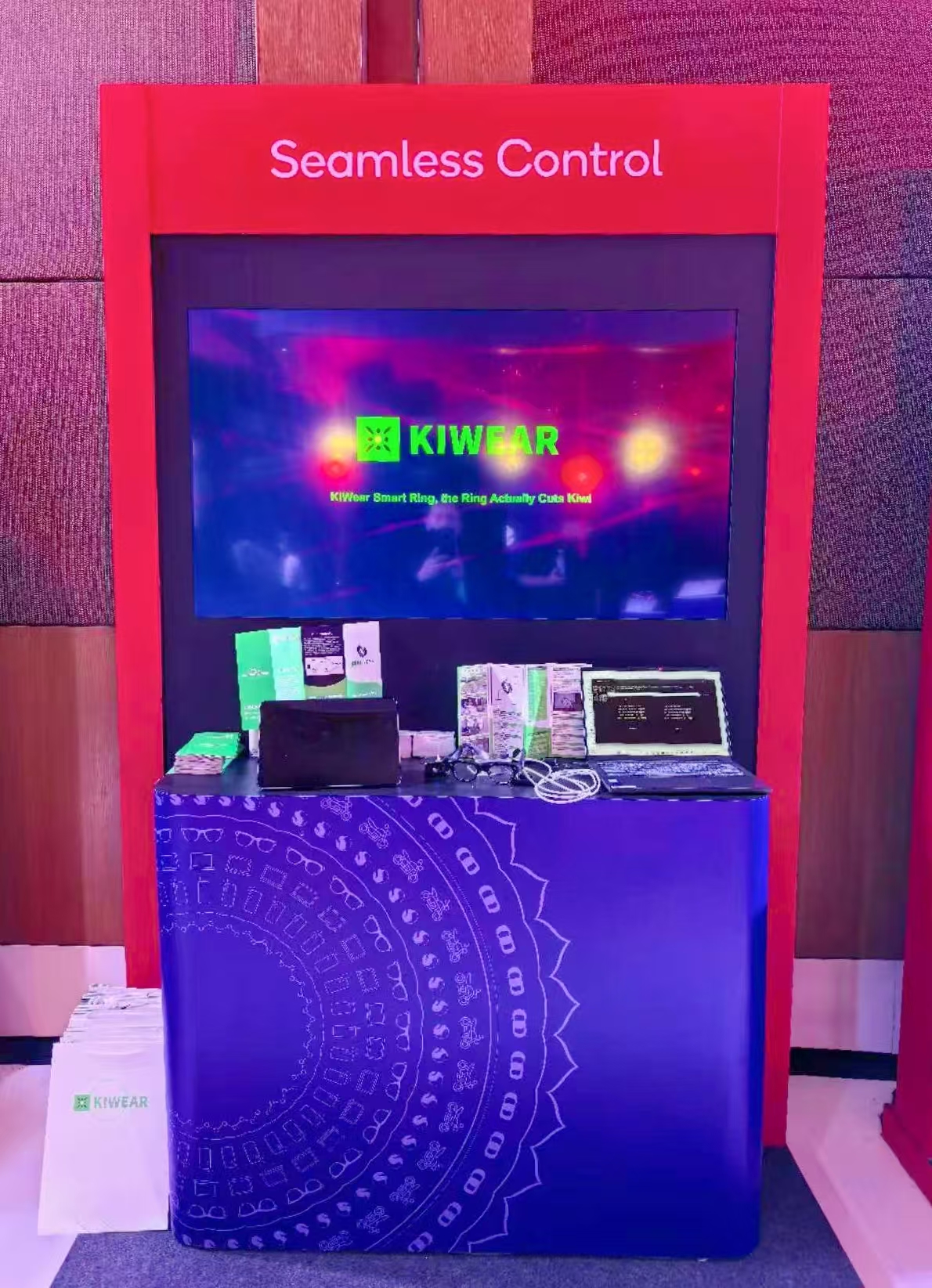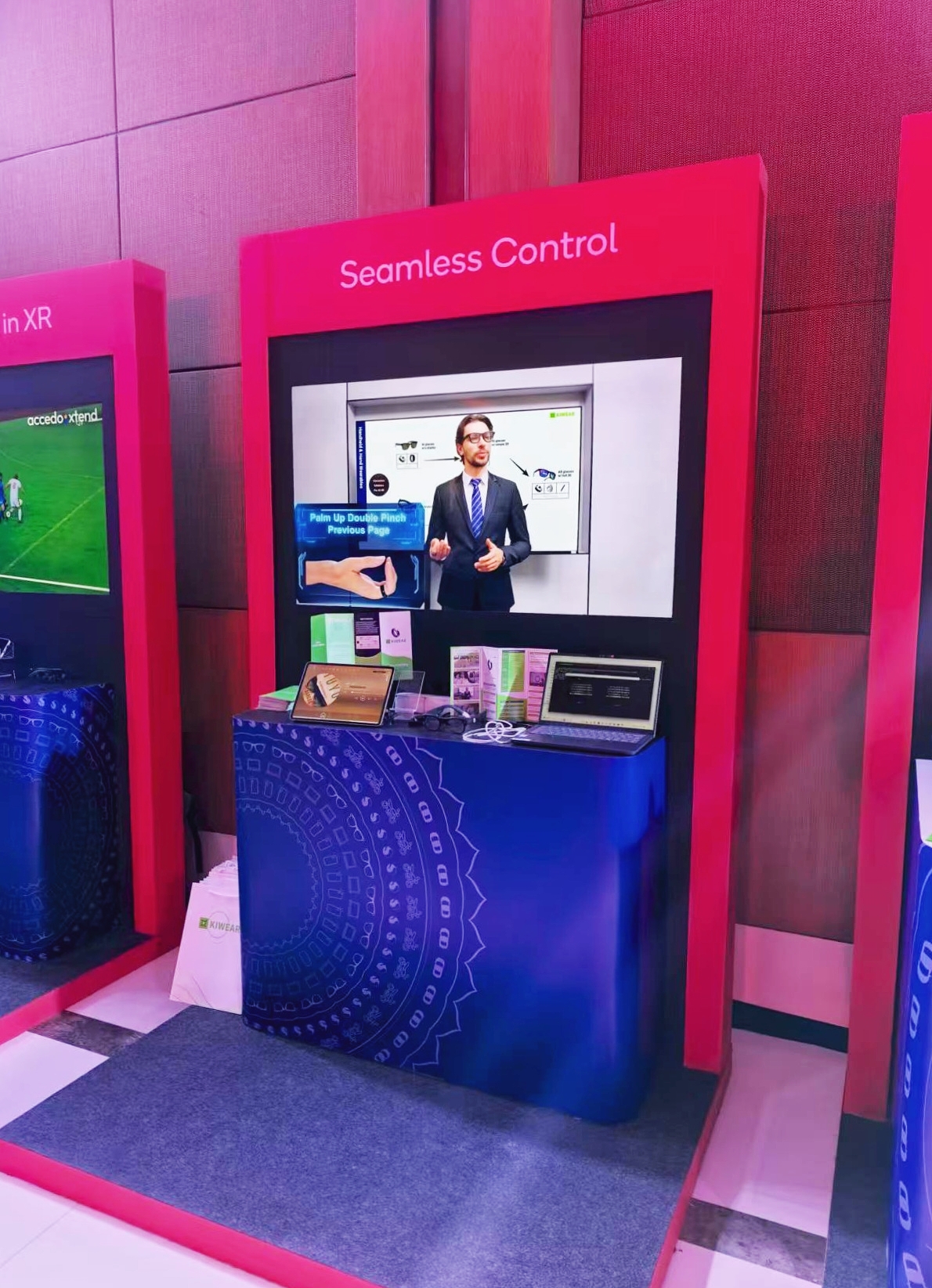Qualcomm Showcases the Future of Spatial Computing in India at Snapdragon for India: XR Day, Featuring KiWear's Smart Ring
Published on July 22, 2025NEW DELHI, India – Qualcomm Technologies launched its “Snapdragon for India” initiative with its first-ever XR Day, held on July 21 in New Delhi. This landmark event set the stage for Qualcomm’s vision of advancing spatial computing in India, highlighting how Snapdragon platforms are powering the next generation of smart glasses, mixed reality (MR), virtual reality (VR), and augmented reality (AR) experiences.

At the event, Savi Soin, Senior Vice President and President of Qualcomm India, spoke about India’s growing influence in shaping the future of spatial computing. He noted that smart glasses could soon become as commonplace as smartphones, managing daily tasks through intuitive, AI-powered interfaces. Soin emphasized the need for devices that are both lightweight and powerful—a balance Qualcomm seeks to achieve with its Snapdragon platforms. He also stressed the broader potential of XR technologies to advance digital inclusion, whether by empowering frontline workers, enabling remote education, or improving access in underserved regions.
Alex Katouzian, Group General Manager of Mobile, Compute, and XR (MCX) at Qualcomm Technologies, showcased how Snapdragon XR platforms—which already power more than 100 immersive devices worldwide—are shaping the next phase of computing across MR, VR, and AR.
Katouzian outlined how artificial intelligence is becoming integral to XR experiences, with systems increasingly able to interpret visual and audio input for more intuitive, context-aware interactions. During his keynote, he demonstrated a small language model running entirely on AI-enabled smart glasses. Using KiWear’s Smart Ring to control the glasses and receive real-time answers to his questions, he illustrated how Snapdragon supports AI across cloud, local, and on-device environments. The demonstration powerfully showed how the XR and AI together can make technology not only intuitive but also transformative.


The event also served as a successful showcase for KiWear, whose Smart Ring received wide attention and acclaim. Its pivotal role in controlling the live AI demonstration underscored the importance of collaborative ecosystems in bringing futuristic spatial computing experiences to life. The positive reception highlighted the market's readiness for such innovative wearable technology.
